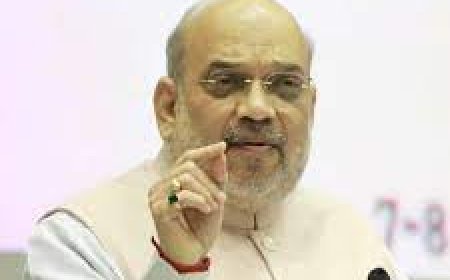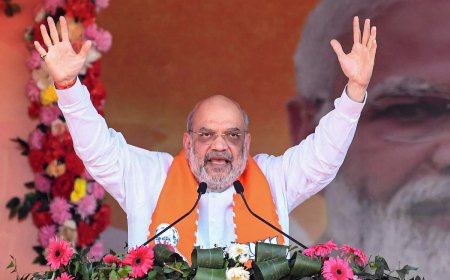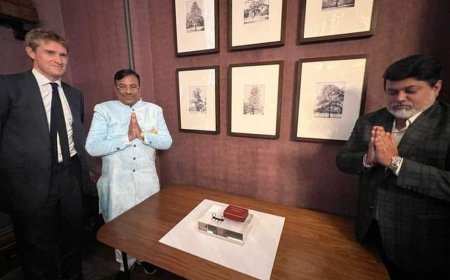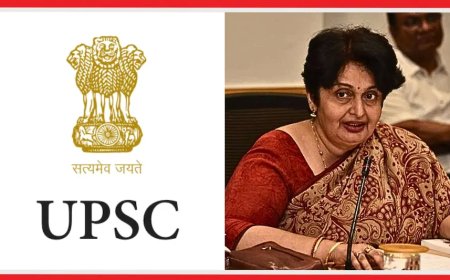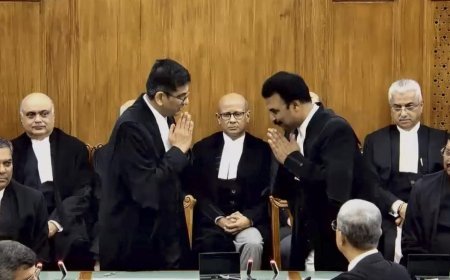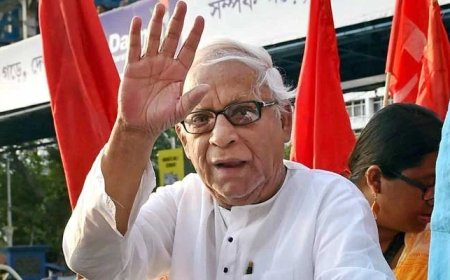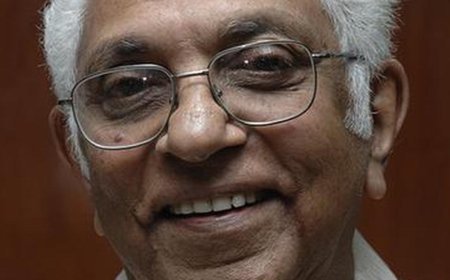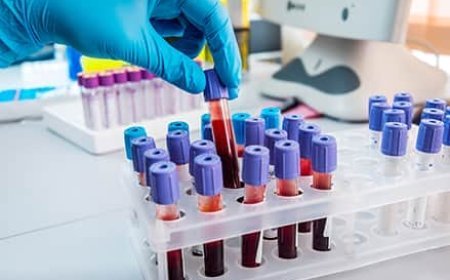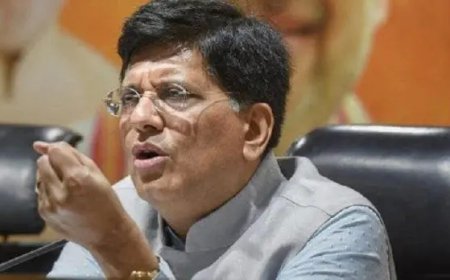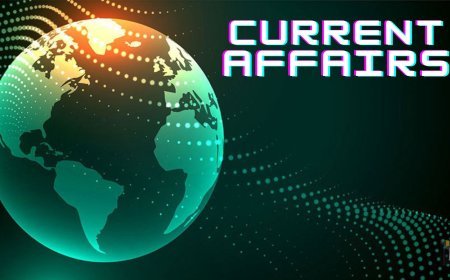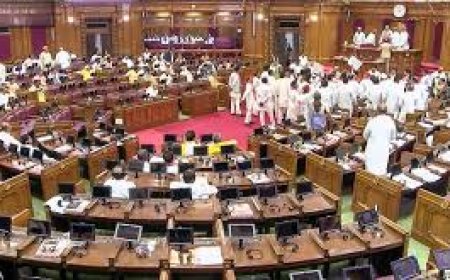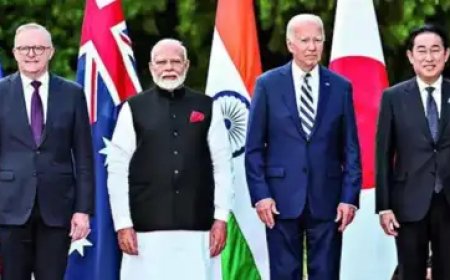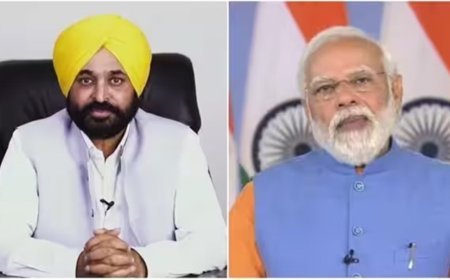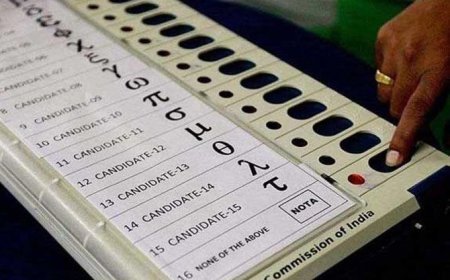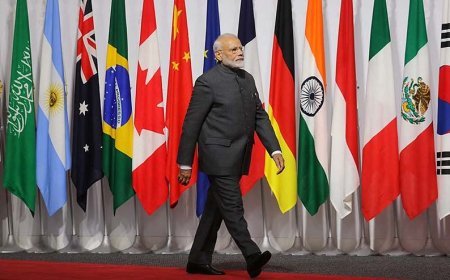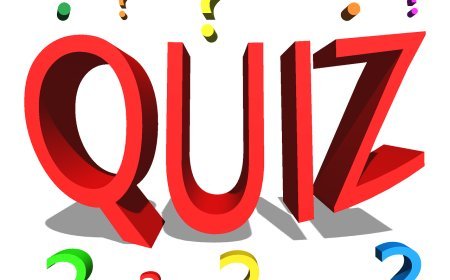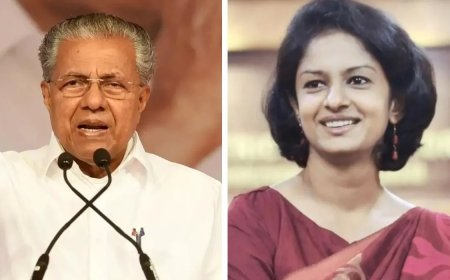Ursula von der Leyen Re-Elected as President of the European Commission

Ursula von der Leyen Re-Elected as President of the European Commission
In a decisive vote held in Brussels on July 31, 2024, Ursula von der Leyen was re-elected as the President of the European Commission. Garnering strong support from the European Parliament, von der Leyen's leadership will continue to shape the European Union's policies and direction for another five years.
A Second Term for Stability and Growth
Ursula von der Leyen, who has been at the helm of the European Commission since December 1, 2019, secured her re-election with 477 votes out of 705. Her re-election signifies a vote of confidence in her leadership and her vision for the EU. Von der Leyen's first term was marked by significant challenges, including navigating the EU through the COVID-19 pandemic, spearheading the European Green Deal, and addressing geopolitical tensions.
Key Achievements and Future Goals
During her first term, von der Leyen introduced several landmark initiatives. The European Green Deal, aimed at making Europe the first climate-neutral continent by 2050, has been a cornerstone of her tenure. Under her leadership, the EU also launched the NextGenerationEU recovery plan, a €750 billion package designed to support member states in their recovery from the economic impacts of the pandemic.
In her acceptance speech, von der Leyen highlighted her commitment to furthering the EU's digital transformation, strengthening economic resilience, and enhancing the Union's strategic autonomy. She also emphasized the importance of unity and solidarity among member states in tackling future challenges.
Fact Box: Ursula von der Leyen
- Full Name: Ursula Gertrud von der Leyen (née Albrecht)
- Date of Birth: October 8, 1958
- Nationality: German
- Previous Positions:
- Minister of Defence, Germany (2013-2019)
- Minister of Labour and Social Affairs, Germany (2009-2013)
- Minister of Family Affairs, Senior Citizens, Women and Youth, Germany (2005-2009)
- Education: Studied Economics at the University of Göttingen and Münster; Medicine at the Hannover Medical School
- Political Party: Christian Democratic Union (CDU)
Reactions from EU Leaders
EU leaders have expressed their support and optimism following von der Leyen's re-election. French President Emmanuel Macron lauded her for her "visionary leadership and dedication to the European project," while German Chancellor Olaf Scholz emphasized the importance of her continuity in ensuring the stability and progress of the Union.
Challenges Ahead
Despite her re-election, von der Leyen faces numerous challenges in her second term. The ongoing geopolitical tensions, particularly with Russia and China, the need for economic reforms, and addressing the migration crisis are high on her agenda. Additionally, the implementation of the European Green Deal and the digital transformation strategy will require significant effort and cooperation from all member states.
Conclusion
Ursula von der Leyen's re-election as the President of the European Commission marks a critical juncture for the EU. With a clear mandate and a robust vision for the future, von der Leyen is poised to lead the Union through the complexities of the modern world, fostering unity and progress among its member states.
Fact Box: European Commission
- Established: January 16, 1958
- Headquarters: Brussels, Belgium
- President: Ursula von der Leyen (re-elected July 31, 2024)
- Vice Presidents: Includes several Vice Presidents with specific portfolios, such as the High Representative of the Union for Foreign Affairs and Security Policy
- Members: 27 Commissioners, one from each EU member state, including the President and Vice Presidents
- Primary Functions:
- Proposes new laws and policies for the EU
- Enforces EU laws in collaboration with the Court of Justice of the European Union
- Manages the EU's budget and allocates funding
- Represents the EU internationally in negotiations and diplomatic affairs
- Key Initiatives:
- European Green Deal: Aiming for climate neutrality by 2050
- Digital Strategy: Promoting digital transformation across the EU
- NextGenerationEU: A €750 billion recovery package to support member states post-COVID-19
- Departments: The European Commission is organized into several Directorates-General (DGs) and services, each responsible for specific policy areas, such as trade, competition, environment, and research.
- Legislative Process:
- The Commission proposes legislation which is then debated, amended, and voted on by the European Parliament and the Council of the European Union.
- Budget: Manages and implements the EU budget, which is funded by contributions from member states, customs duties, and other sources.
The European Commission plays a central role in the functioning of the European Union, acting as the executive body that drives EU policy and ensures the effective implementation of its laws and budget.
What's Your Reaction?









